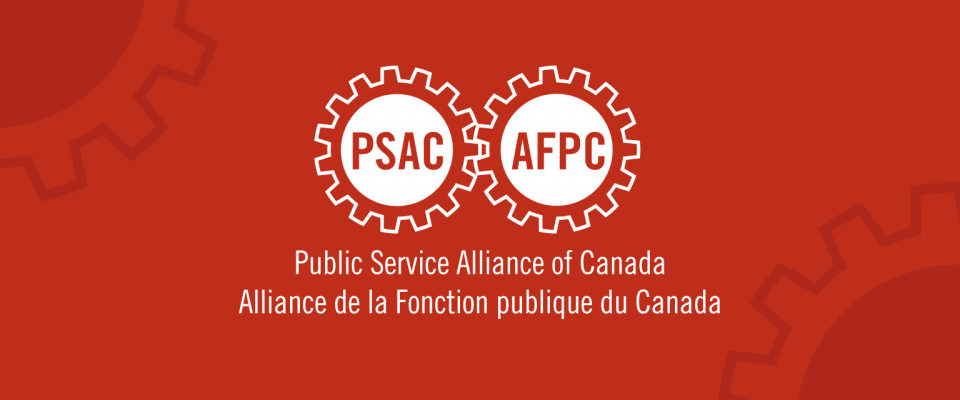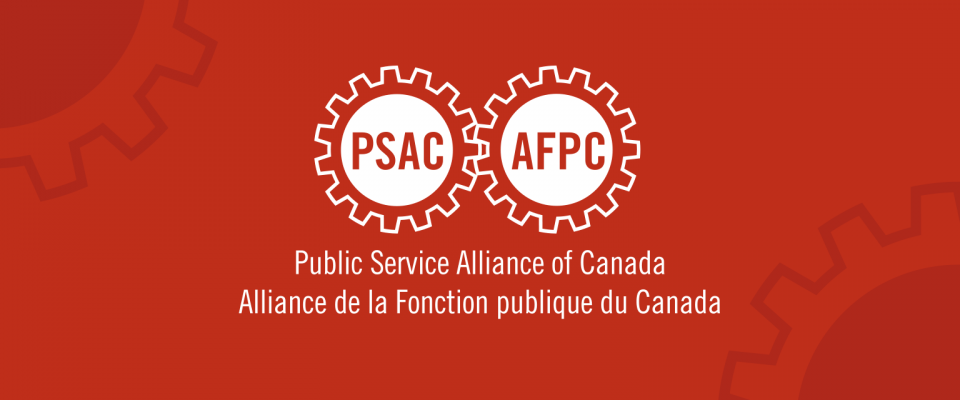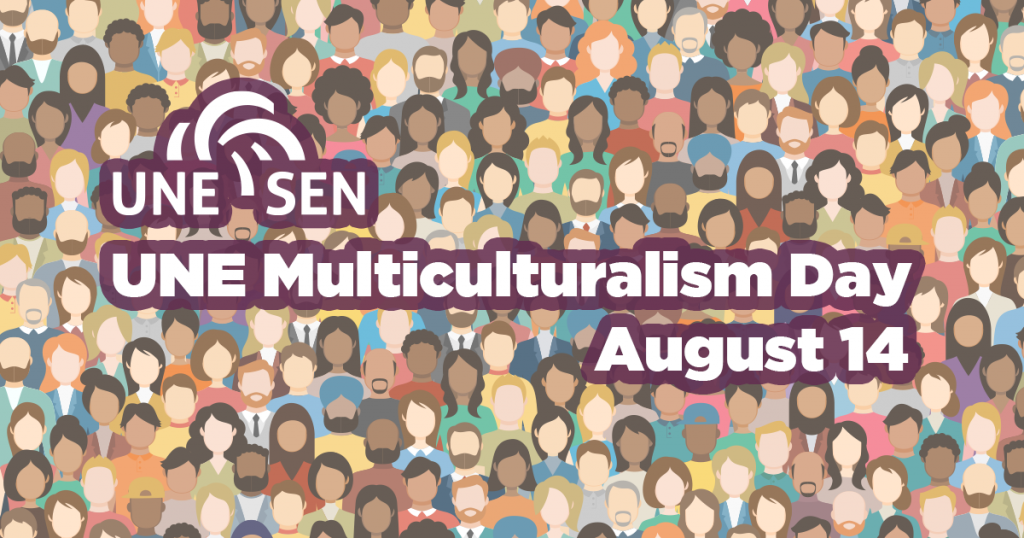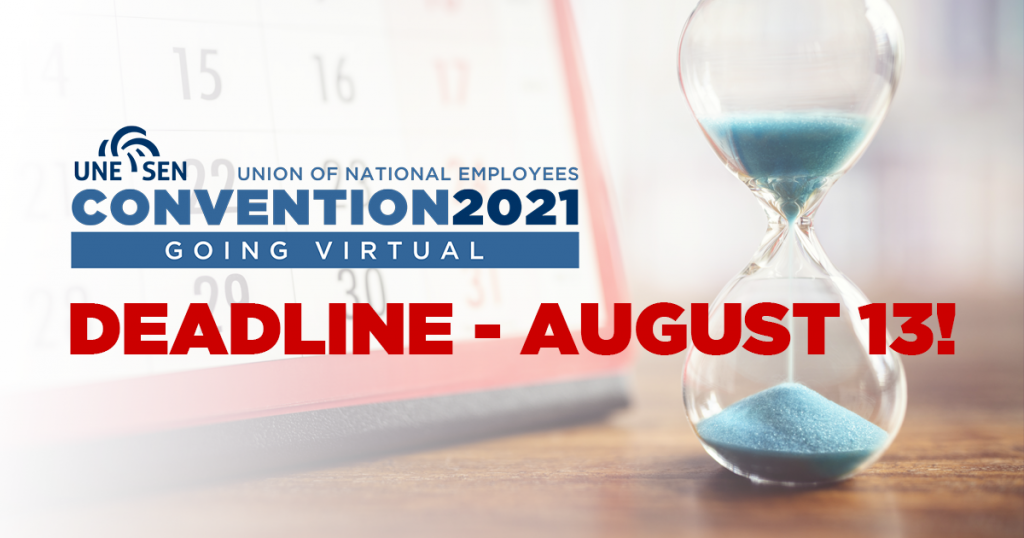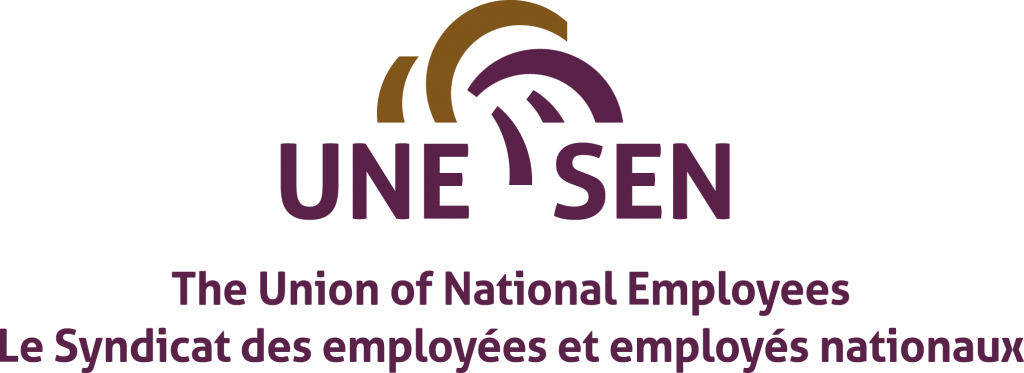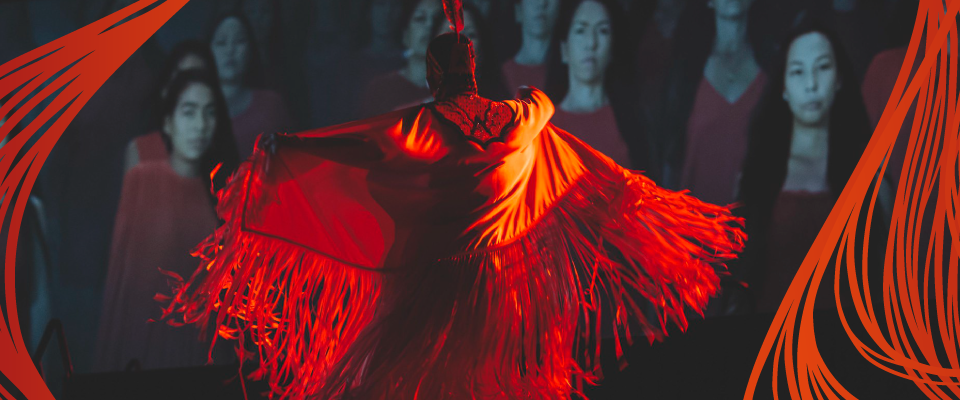
August 31, 2021
In June, the federal government passed new legislation making September 30 a national statutory holiday commemorating National Day for Truth and Reconciliation.
The designation of this day is in response to one of the Truth and Reconciliation Commission’s 94 Calls to Action and is meant to honour survivors, their families, and communities. It also ensures the ongoing commemoration of the history and legacy of residential schools will remain a vital part of the reconciliation process.
This new designated paid holiday applies to federally regulated public and private sectors — specifically, the federal public service and employers subject to the Canada Labour Code.
PSAC’s collective agreements negotiated with the federal government include provisions for an additional designated holiday if one is proclaimed by an act of Parliament. As a result, the National Day for Truth and Reconciliation will become a designated paid holiday and will allow employees in the federal public service and federally regulated workplaces to observe and participate in this important day.
Employees eligible for this new statutory holiday do not need to request leave. It will be treated like any other statutory holiday. If September 30 is a non-working Saturday or Sunday, employees will be given the day immediately preceding or following the holiday.
Unfortunately, the new holiday does not apply to provincially regulated employers unless a provincial legislature makes similar amendments to provincial employment standards legislation.
Source: http://psacunion.ca/national-day-truth-and-reconciliation-eligibility?fbclid=IwAR0-M-OEz9SLCmdo1DgcPUbusbZE3nUtH8BLwFnRL7fSYa5pYrC0stfdPXE
